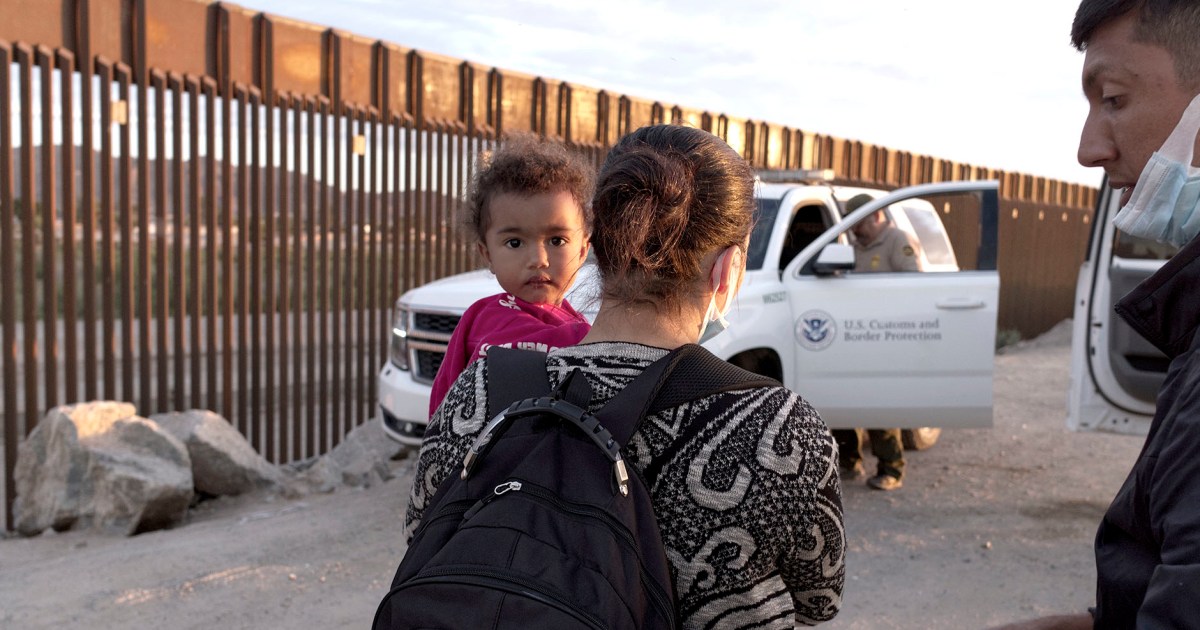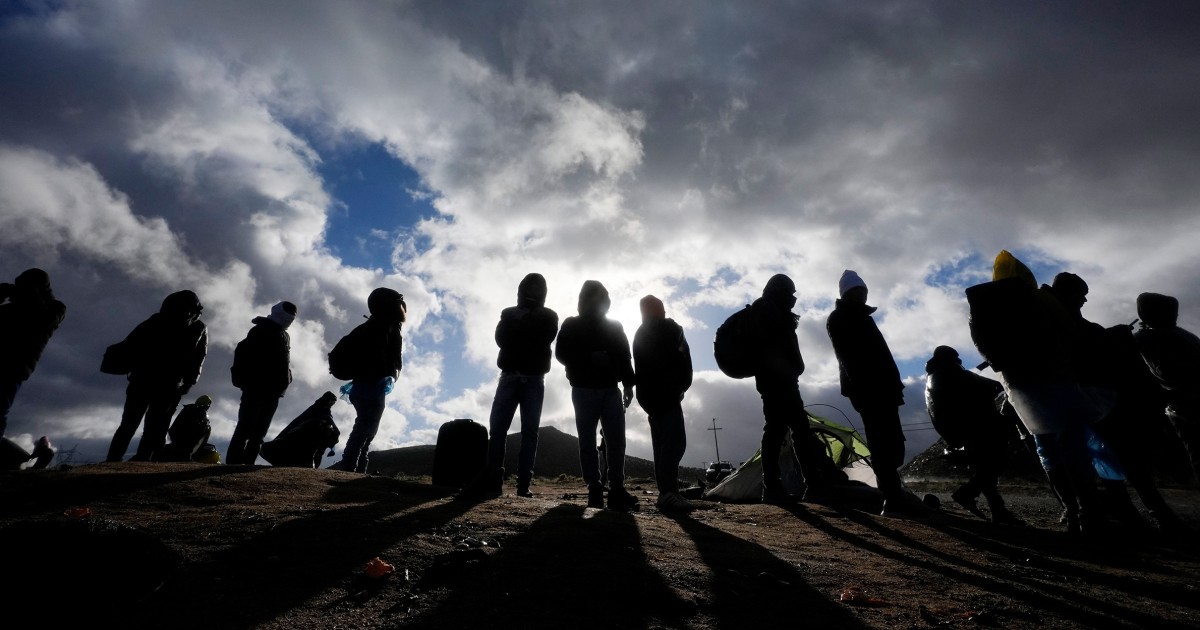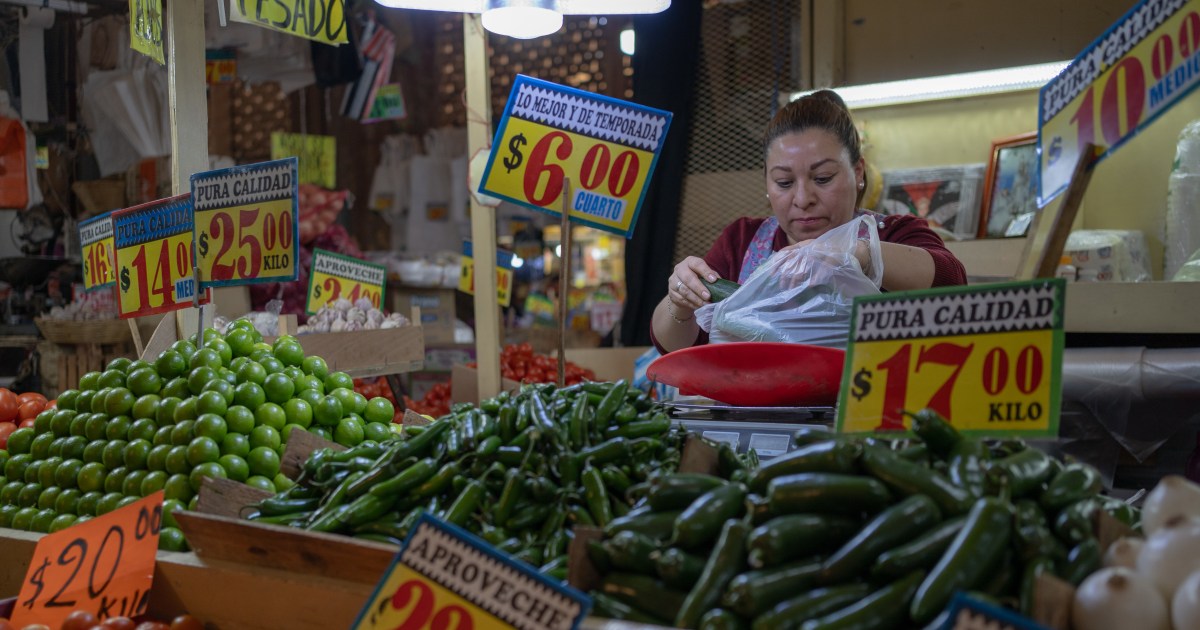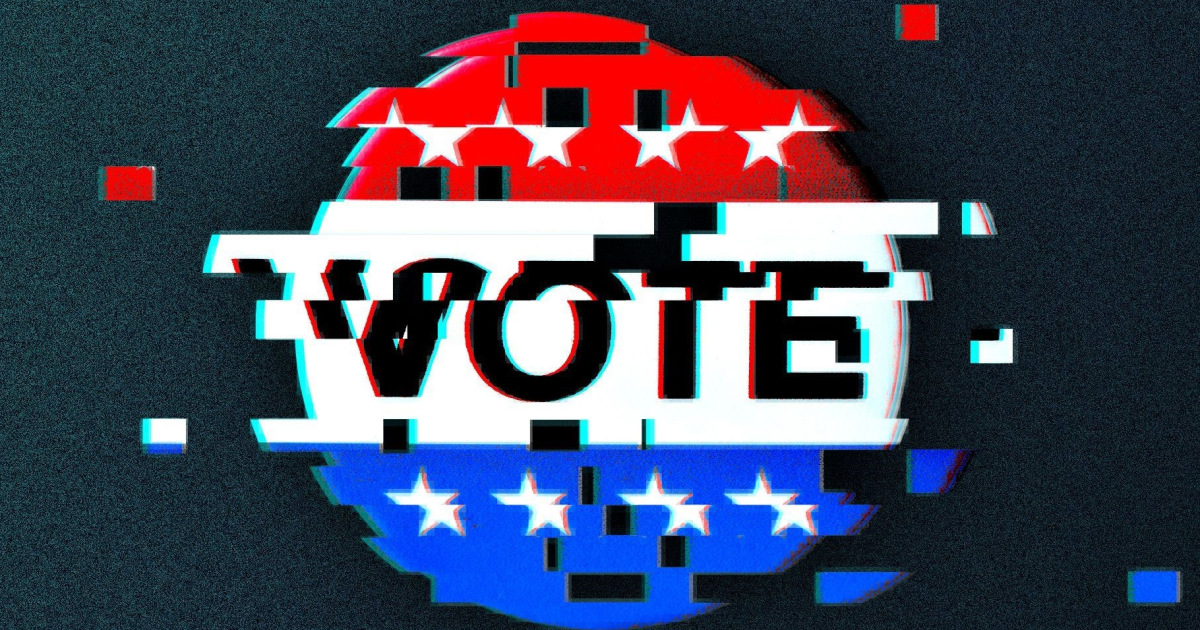Different groups of Latinos living in the United States sometimes have opposing views on the construction of a border wall on the southern border with Mexico, according to an exclusive Ipsos survey carried out in collaboration with Axios and Noticias Telemundo.
Generally speaking, the majority of Latinos disagree with the border barrier (58% of those surveyed), but
the differences between different subgroups are evident when breaking down by ancestry
.
The data thus makes clear the internal divisions among Hispanics in the country, who belong to a variety of generations and cultures and have lived different histories and experiences.
[Axios Latino: Latin superheroines and other topics you should know today]
While Latinos of Mexican and Central American origins strongly oppose raising closer ties, Puerto Ricans have a more ambivalent view and most Cuban-Americans support the idea.
Graphic: Kavya Beheraj / Axios
Cliff Young, president of Ipsos US Public Affairs, indicated that "proximity" to the issue is a key factor in understanding the differences.
"The closer you are to the border, the more important the border issues are. But it's also about, 'Have I experienced it directly or indirectly?'" He explained.
73% of Latinos of
Mexican origin
and 72% of
Central Americans
surveyed said they oppose the wall. Historically, people of Mexican descent have been a more common and consistent target of mass deportation operations and apprehensions of illegal crossings into the United States. While families from Honduras, El Salvador and Nicaragua who come to the country by land seeking asylum fleeing violence and poverty have also for decades faced the worst consequences of zero tolerance policies on the southern border.
Latinos of other origins have
different experiences
.
Cuban-Americans have had an easier way to settle in the United States with Cold War-era policies that allowed migrants fleeing the Cuban regime to enter the country.
While Puerto Ricans have US citizenship and can move freely from the island to the mainland.
Approximately 54% of those surveyed of
Cuban origin
said they strongly or somewhat support a border wall or fence.
Meanwhile, nearly 45% of
Puerto Ricans
surveyed said they supported a wall or fence.
[Scammers take advantage of the undocumented: these are the most common lies and so you can avoid them]
On the other hand, support for the wall is higher among Latinos who have lived in the United States the longest, said pollster and Ipsos Senior Vice President Chris Jackson.
The acceptance of the barrier
rises per generation
: 25% support in the first, 34% in the second and 43% for the third onwards.
Support for the path to citizenship and the arrival of refugees
There is an immigration issue, however, on which opinion is more unanimous.
68% of Latinos surveyed said they
support a path to citizenship
for those in the country without legal status.
Support was just as strong across the different subgroups.
Additionally, 60% said they support allowing refugees fleeing crime and violence in Latin America to apply for asylum in the country.
A migrant family from Brazil awaits prosecution by Border Patrol agents after crossing a breach in the border wall with Mexico in Yuma, Arizona. Eugene Garcia / AP
The survey revealed another issue that is familiar to Hispanics: immigration is not the only issue important to families — and even for many it is not a priority.
The coronavirus, gun violence and more
The
COVID-19
pandemic
and
gun violence
were the top concerns of Latinos surveyed in the United States, according to the survey.
Immigration ranked sixth, behind climate change and supply chain issues and inflation.
The survey also found that Latinos broadly support teaching about the history of slavery and
racism in public schools -
69% of those surveyed.
But acceptance drops to 39% if it is described as "critical race theory", which shows the possible effects of a disinformation campaign led by conservative groups against the matter (and with a view to next year's elections ).
Methodology: This survey by Axios / Ipsos Latino, in partnership with Noticias Telemundo, was conducted from December 2 to 14, 2021 by Ipsos' KnowledgePanel® The survey is based on a probability of national representation of 1,064 Hispanic / Latino adults over 18 years.
The margin of error is ± 3.8 percentage points, with a confidence level of 95%, for results based on the entire sample.
Receive the most important news for Latino communities in the US and in Latin America delivered to your inbox every Tuesday and Thursday. If you are interested in subscribing and receiving the newsletter in your email (
in English
), you can do so
by clicking here
.
You will always find it
in Spanish
on Noticias Telemundo.















